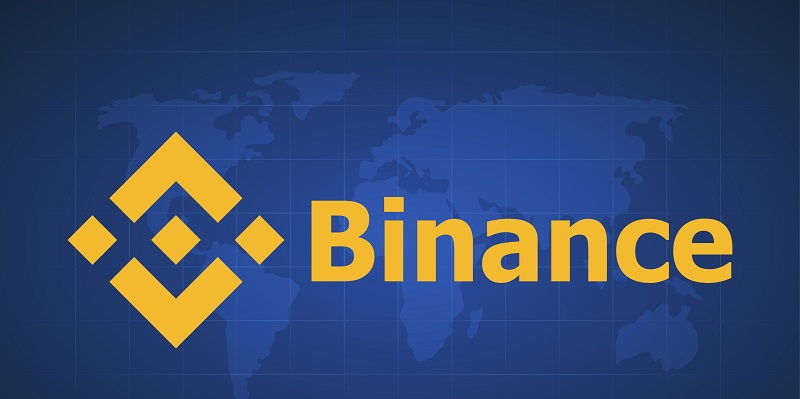Binance Connect, the regulated buy-and-sell crypto arm of the Binance exchange, has announced plans to shut down on August 16. The decision comes as a result of provider issues, which have led to the disabling of Binance Connect on August 15. This move aligns with Binance’s strategic initiatives, which prioritize concentration on its fundamental business activities. Despite this closure, Binance remains committed to staying at the forefront of the rapidly evolving blockchain and cryptocurrency landscape.
Reasons for Closure
In a statement, Binance revealed that the decision to disable Binance Connect was made after thorough consideration. The provider of the supporting card payments service for Binance Connect is closing, making it impossible to continue operating the platform. Binance, as part of its strategic focus, has decided to direct its resources towards its core business activities, prompting the closure of Binance Connect.
Binance’s Commitment to Evolution
At Binance, periodic reviews of products and services are conducted to ensure that resources remain focused on core efforts that align with the company’s long-term strategy. This decision to shut down Binance Connect is in line with this commitment to evolution. By reevaluating and realigning its offerings, Binance aims to remain agile and adaptable within the dynamic crypto industry.
Background of Binance Connect
Binance Connect was established as Bifinity, a fiat-to-crypto payments provider that served as a crucial link between crypto businesses and traditional finance. It later rebranded as Binance Connect. The platform offered support for 50 cryptocurrencies and accepted fiat payments through major payment networks like Visa and Mastercard. This made it easier for users to access the crypto market by leveraging traditional financial systems.
Challenges and Developments
While Binance Connect became a popular option for crypto enthusiasts and businesses, the platform faced its fair share of challenges. In a setback earlier this year, German regulators turned down Binance’s application for a crypto custody license. Despite this obstacle, Binance continued to forge ahead, determined to navigate the evolving regulatory landscape.
However, July brought positive news for Binance as it successfully secured a crypto broker-dealer license from regulatory authorities in Dubai. This development showcased Binance’s ability to adapt and establish partnerships in different jurisdictions, helping solidify its position within the global crypto ecosystem.
Ongoing Legal Disputes
Alongside its operational challenges, Binance is currently embroiled in legal disputes with the U.S. Securities and Exchange Commission (SEC) and the Commodity Futures Trading Commission (CFTC). These regulatory authorities have raised concerns regarding Binance’s compliance with certain securities laws. The outcome of these disputes is yet to be determined, and Binance continues to work towards resolving these issues in order to maintain its standing in the industry.
In conclusion, Binance Connect, Binance’s regulated buy-and-sell crypto arm, is set to shut down on August 16 due to provider issues. This decision reflects Binance’s strategic focus on core business activities and its commitment to remaining at the forefront of the blockchain and cryptocurrency landscape. Despite facing setbacks and legal disputes, Binance has demonstrated resilience by securing licenses in Dubai and actively seeking to address regulatory concerns. As the crypto industry continues to evolve, Binance will undoubtedly adapt and innovate to meet the challenges and opportunities that lie ahead.

